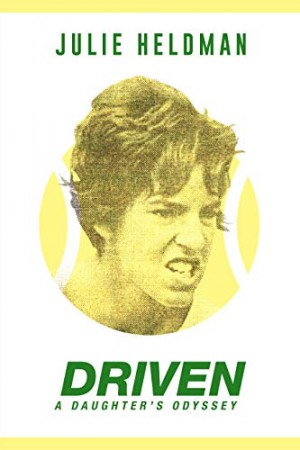In Pain, Israeli writer Zeruya Shalev’s fifth novel, Iris is dealing with the titular state in many forms. Ten years prior to the events in the book, she was the victim of a terrorist bombing in Jerusalem, her hometown, which left her with scarring and intermittent pain. “Pain” is also the pseudonym she gives her former lover, Eitan, in her phone’s contacts after she meets him again by chance. Eitan is a respected doctor tasked with treating her old nerve pain, and even after nearly thirty years apart, the two fall back in love.
The beginning of the novel focuses mostly on Iris’s affair, which moves a touch slowly and feels like familiar literary ground. Iris describes Eitan in dramatic terms, regretting how they had parted ways, that “even if she was about to marry, even if she was about to give birth, she would have gone back to him.” But she is smart enough to realize that her relationship may be opening old wounds, like the nerve endings of hers Eitan describes which have never fully healed. At the same time, Iris, a school principal, is also managing the stress of her work and family life — particularly her daughter Alma’s uneasy change at the hands of her boss, a cult-leader-like figure.
The book comes together towards the end after Iris and her husband, Mickey, go to see Alma in Tel Aviv. Mickey seems content to let their daughter live her own life, and it seems as though Iris may be overreacting with regard to the power Alma’s boss has. She speaks “shrilly” to Mickey and plays the badgering wife, until he says, “Do I have a choice? I know you, you won’t give up until you see that I’m right.” In a surprising (and gratifying) turn, Iris perhaps had reason to be worried.
Being proven right is a short-lived victory. At the heart of the book seems to be Shalev’s view that as a woman, Iris’s choices will always be fraught. She believes she spent too much time with her students and thus neglected Alma; if she goes to see Eitan, she worries constantly that she will be found out. By contrast, both Eitan, who is twice divorced and sees his children only occasionally, and Mickey, who is forever escaping into online chess games, appear to be relatively unencumbered.
In the back of Iris’s mind seems to be the shadow of violence, which is not dealt with explicitly but has touched almost every aspect of her life, from the death of her father in war to her teenage son’s impending draft notice. Even the language Iris uses to describe her surroundings, when she is hurrying through the streets of Tel Aviv, is war-like: it is “as if missiles are being fired at the city and she has to find shelter.” It is a haunting comparison for the North American reader, lucky enough to never have to think about missiles. But the specter of tragedy in Israel is presented as a simple fact of life — just as Iris’s pain is for her.



